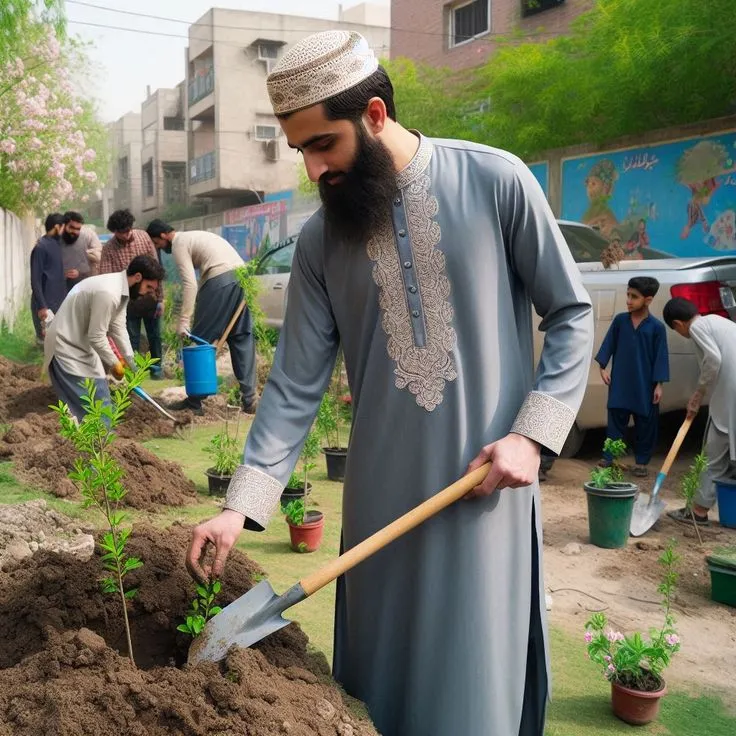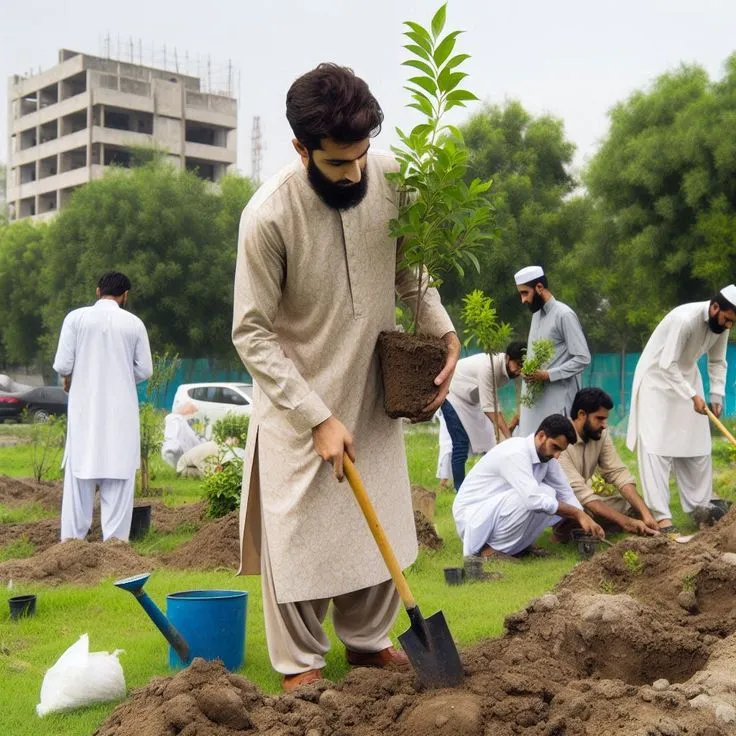Environmental stewardship is highly valued in Islam, which views it as a divine duty for all Muslims. The tenets of ecological care, rooted in the Qur’an and the Sunnah, are consistent with the larger Islamic ideal of justice, kindness, and balance. This religious viewpoint provides a thorough manual for protecting and conserving nature.
Humanity’s Function as Khalifah (Steward)
In Islam, people are called Khalifah, or earthly stewards. According to Allah in the Qur’an:
“He is the one who created your heirs (Khalifah) on this planet.” (Qur’an 35:39)
Because the environment is a trust (Amanah) from Allah, Muslims are obligated to protect it as part of their stewardship responsibilities. This trust is broken when natural resources are misused or exploited.
Tawheed: Understanding the Unity of Allah’s Creation
Recognising that all of creation is Allah’s is part of the idea of Tawheed, or the Oneness of Allah. His perfection may be seen in every part of nature, from the oceans to the mountains. According to the Qur’an:
“All that exists on earth and in the heavens belongs to Allah.” (Qur’an 2:284)
Because damaging the environment would be a disrespectful act towards Allah’s creation, this knowledge cultivates a profound regard for it.
Moderation and Balance (Mizan)
Islam promotes Mizan, or balance, in all facets of life, including how natural resources are used. Allah cautions against overdoing:
“And refrain from mistreating the planet and promoting corruption.” (Qur’an 2:60)
In order to preserve ecological balance, Muslims are urged to refrain from luxury, recycle, and embrace sustainable practices.
Predictive Advice on Environmental Protection
Through his words and deeds, the Prophet Muhammad ﷺ served as an example of environmental responsibility. He underlined:
*Tree Planting: If a Muslim plants a tree or sows seeds and a bird, person, or animal eats from it, it is considered a charity for him, the Prophet ﷺ said. (Bukhari, Sahih)
Water conservation: The Prophet ﷺ recommended using water carefully, especially when conducting ablution (wudu) by a rushing river, even if there was plenty of access.
Steps Muslims Can Take Right Now
Cut Down on Waste: Reduce the waste of food, water, and energy in accordance with the prophetic teaching of moderation.
Encourage sustainability: Support green projects and make use of eco-friendly items.
Engage in the Reforestation Process: Plan tree-planting events or participate in them.
Teach Others: Spread the word in your community about Islamic environmental ethics.
Environmental Justice: A Duty to Society

In order to prevent vulnerable groups from suffering the most from environmental deterioration, Islamic teachings promote advocacy for environmental justice. This is consistent with the Adl (justice) principle found in the Qur’an.
In conclusion
Islam incorporates practical, ethical, and spiritual aspects into its all-encompassing approach to environmental preservation. Muslims uphold Allah’s faith by carrying out their stewardship responsibilities, which also helps ensure that humanity has a sustainable future. As a result, taking care of the environment turns into a worship act that strengthens the bond between Christians and their Creator.


